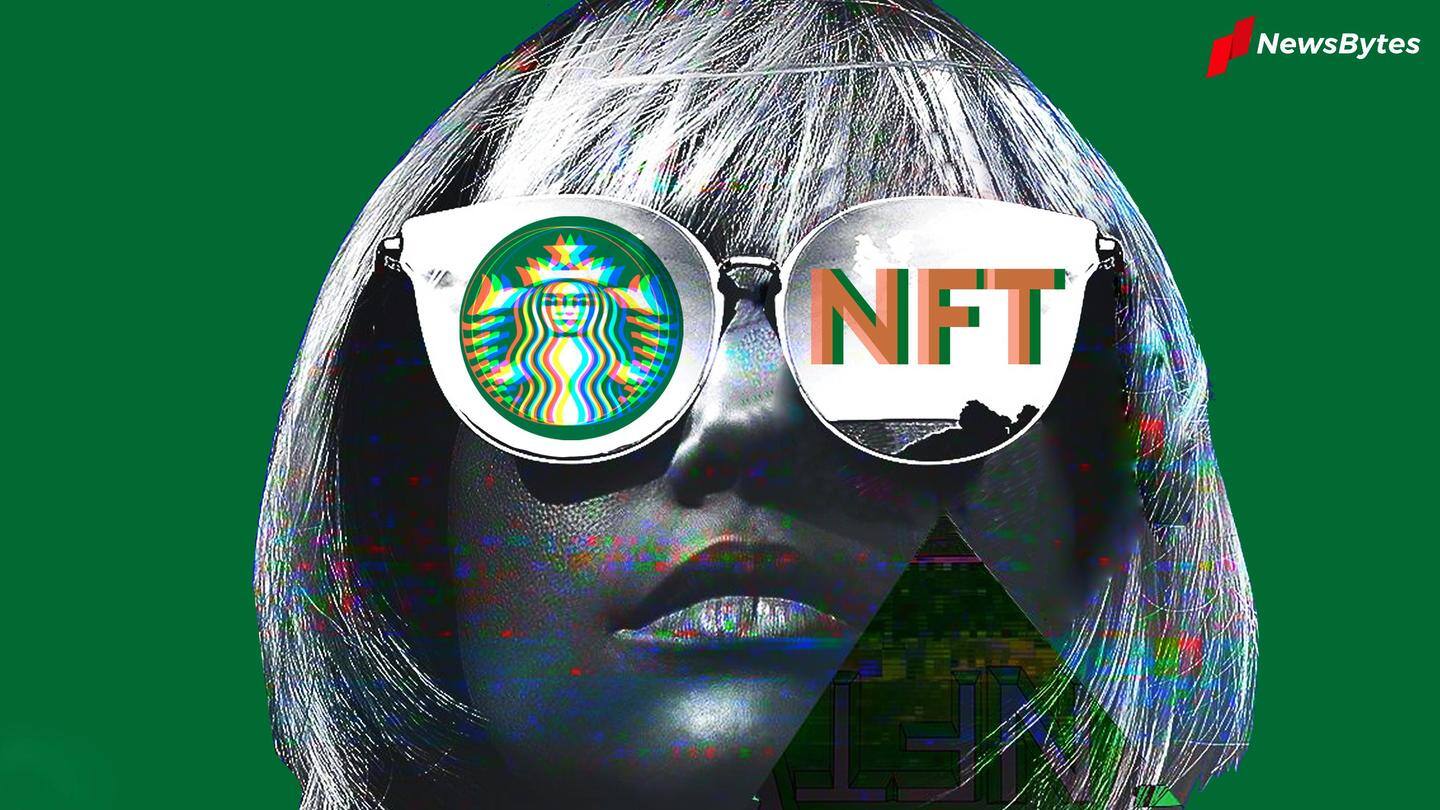
Starbucks wants to build 'global community' with NFT-based loyalty program
What's the story
As the buzz around NFT continues, another global corporate giant has decided to join the bandwagon. Starbucks, the world's largest coffeehouse chain, announced during its Q2 earnings presentation that it plans to create an NFT loyalty program that will act as a gateway to a global Starbucks community. NFT collectibles, freshly brewed coffee, and exclusive perks - seems like Starbucks is on to something.
Context
Why does this story matter?
NFT (Non-fungible Token) was one of the most used words last year. This blockchain-based ownership certificate has been the talk of the town for a while. Starbucks' use of NFT to create a loyalty program can be read together with the company's recent attempts to reconcile its heritage and modernization. NFT provides a perfect medium to demonstrate the connection between past, present, and future.
Program
NFT collectibles will act as key to global digital community
Starbucks is aiming to create a global community around coffee. For that, the company aims to create NFT collectibles that will act as access cards to these communities. Holders of these collectibles will also be eligible for exclusive experiences and perks. This is part of Starbucks' initiative to create an ownership and community-based membership model.
Reason
Starbucks plans to use NFT to connect with younger generation
Starbucks and NFT - that's not a combination we see daily. So, why do they need blockchain technology for implementing a loyalty program? CEO Howard Schultz did not say anything about this during the presentation. We can assume that this is Starbucks trying to connect with Gen Z customers. Schultz's first pitch for NFT came at an Open Forum with employees.
Worrying numbers
NFT sales have hit a roadblock
As Starbucks readies itself to join the NFT ecosystem, The Wall Street Journal reported a slightly worrying news about the falling NFT market. As per the report, NFT sales have fallen 92% from its peak in September. Similarly, the number of active NFT wallets has also decreased considerably. The decline can be attributed to rising interest rates which have affected the speculative market.